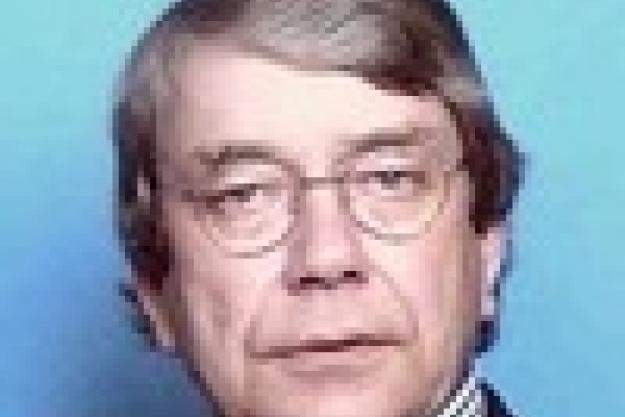
Reinhard Silberberg, State Secretary of the Federal Foreign Office, Federal Republic of Germany
On 13 November 2008, the OPCW Director-General, Ambassador Rogelio Pfirter visited Berlin, Germany to address the North Atlantic Alliance’s Seminar on “Present and future proliferation risks and threats: the adequacy of the international non-proliferation efforts to address these challenges”.
In connection with his visit to Berlin, Director-General Pfirter also met with H. E. Mr Reinhard Silberberg, State Secretary, Federal Foreign Office of Germany and briefed him on the status of the implementation of the Chemical Weapons Convention (CWC). Director-General Pfirter provided an overview on the progress made in the destruction of declared chemical weapons, the operation of the non-proliferation regime of the CWC and the steps being taken by Member States and the OPCW to counter the threat posed by chemical terrorism.
He expressed his appreciation to State Secretary Silberberg for Germany’s unwavering commitment to the objectives of the CWC and the work of the OPCW. State Secretary Silberberg reaffirmed his country’s firm support to the the Convention.
Director-General Pfirter also met with Ambassador Klaus-Peter Gottwald, Commissioner of the Federal Government for Arms Control and Disarmament, Dr Alexander Olbrich , the Head of the Bureau for CW and BW Affairs (National Authority of Germany) and other senior officials in the Ministry of Foreign Affairs.
In his address to the North Atlantic Alliance’s Seminar, Director-General Pfirter described the work of the OPCW as a concrete example of “how multilateralism can address productively, by consensus and with good chances of success” the threats posed by weapons of mass destruction. The Director-General provided an overview of the accomplishments of the OPCW in the eleven years of its existence and attributed the success of the Organisation to “the goodwill and wisdom of our Member States and of their commitment to preserve and to build upon a multilateral success story”. He also enumerated the challenges ahead in terms of the destruction deadlines, universality, effective national implementation of the Convention and ensuring that verification mechanisms kept pace with contemporary developments in science and technology as well as the growth and advancements in chemical production.
